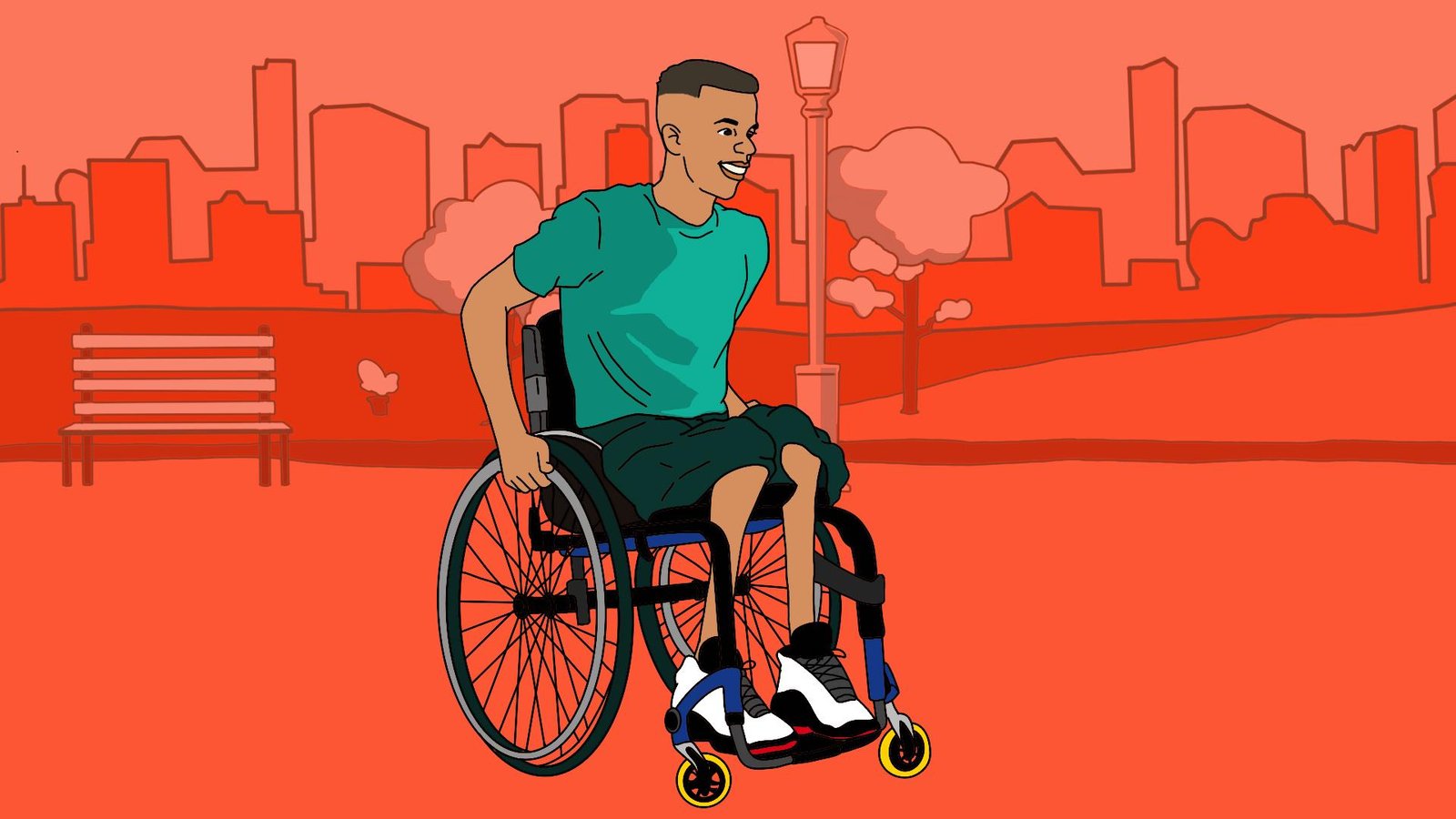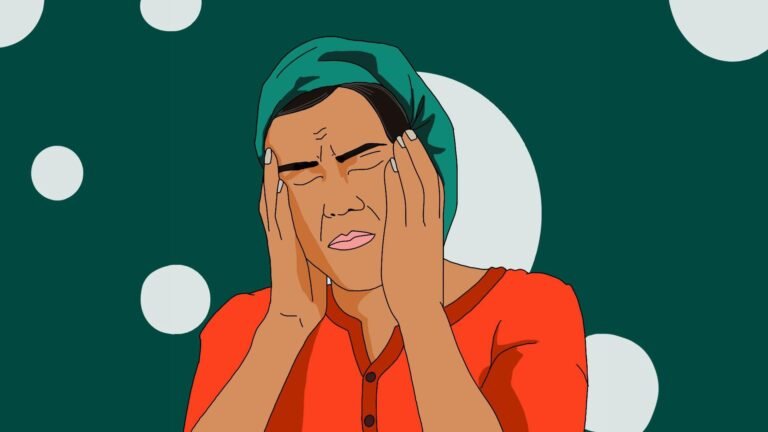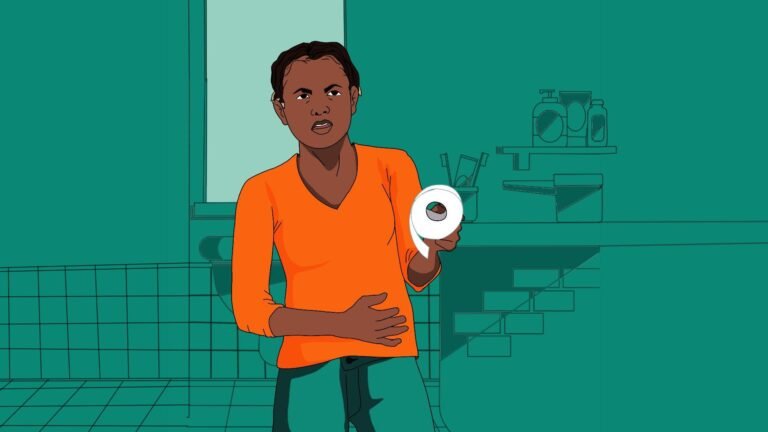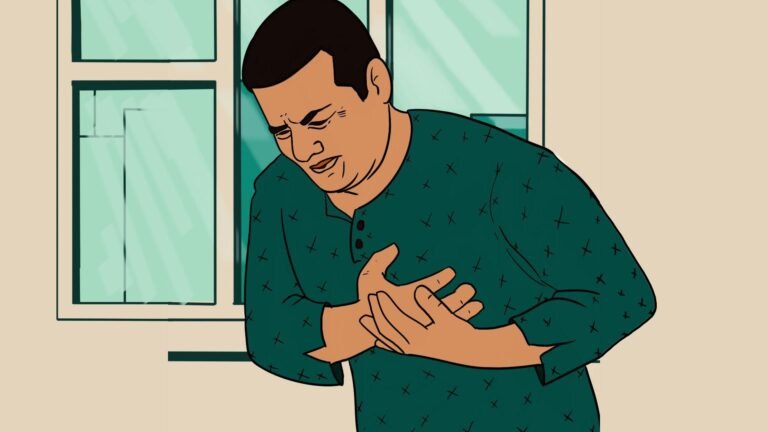
Meningitis
What is meningitis?
Meningitis is an inflammation of the fluid and three membranes (meninges) surrounding your brain and spinal cord. The most common causes of meningitis are viral and bacterial infections. Other causes may include: cancer, fungi and some drug-induced reactions. Some viral and bacterial meningitis are contagious. They can be transmitted by coughing, sneezing, or close contact.
What are the symptoms of meningitis?
The symptoms of viral and bacterial meningitis can be similar in the beginning. However, bacterial meningitis symptoms are usually more severe. The symptoms also vary depending on your age.
Viral meningitis symptoms
Viral meningitis in infants may cause:
- Decreased appetite
- Irritability
- Vomiting
- Diarrhea
- Rash
- Respiratory symptoms
In adults, viral meningitis may cause:
- Headaches
- Fever
- Stiff neck
- Seizures
- Sensitivity to bright light
- Sleepiness
- Lethargy
- Nausea and vomiting
- Decreased appetite
- Altered mental state
Bacterial meningitis symptoms
Bacterial meningitis symptoms develop suddenly. They may include:
- Altered mental status
- Nausea
- Vomiting
- Sensitivity to light
- Irritability
- Headache
- Fever
- Chills
- Stiff neck
- Purple areas of skin that resemble bruises
- Sleepiness
- Lethargy
What are the causes of meningitis?
Each type of meningitis has a slightly different cause, but each ultimately acts in the same way: A bacterium, fungus, virus, or parasite spreads through the body (via the bloodstream, nerve endings, or even a dormant reactivation in the nervous system) until it reaches the brain, or spinal cord. There, it sets up in the lining or fluids around these vital body parts and starts developing into a more advanced infection. Non-infectious meningitis is the result of a physical injury or other condition; it doesn’t involve an infection.
The most common types of bacteria that cause bacterial meningitis are:
- Streptococcus pneumoniae, which is typically found in the respiratory tract, sinuses, and nasal cavity and can cause what’s called “pneumococcal meningitis”
- Neisseria meningitidis, which is spread through saliva and other respiratory fluids and causes what’s called “meningococcal meningitis”. This organism is responsible for the endemic Cerebrospinal Meningitis found in Ghana.
- Listeria monocytogenes, which are foodborne bacteria
- Staphylococcus aureus, which is typically found all over the skin and in the nasal passages, and causes “staphylococcal meningitis”.
Viral meningitis is the most common type of meningitis. The most common causes are the coxsackievirus a, coxsackievirus B and echoviruses. Other viruses can cause meningitis. These include:
- West Nile virus
- Influenza
- Mumps
- HIV
- Measles
- Herpes viruses
- Coltivirus, which causes Colorado tick fever
Viral meningitis typically goes away without treatment. People with a weakened immune system are more likely to develop fungal meningitis. This includes people with cancer or HIV. The most common funguses related to fungal meningitis include:
- Cryptococcus, which is inhaled from dirt or soil that is contaminated with bird droppings, especially pigeons and chickens, or rotting vegetation.
- Blastomyces, another type of fungus found in soil, particularly in the Midwestern United States.
- Histoplasma, which is found in environments that are heavily contaminated with bat and bird droppings
Is there chronic meningitis?
This classification is given to cases of meningitis that last longer than 4 weeks. The causes of chronic meningitis can be fungi, rheumatological conditions, and cancer, among others. Treatment for chronic meningitis is directed at treating the cause (i.e., managing rheumatoid arthritis).
Is there a vaccine for meningitis?
Yes, there is a vaccine for several types of bacterial meningitis. Meningococcal meningitis, caused by Neisseria meningitidis, is one version for which vaccines are available. While viral meningitis is more common, bacterial meningitis can be more dangerous if it’s not diagnosed and treated quickly.
How is meningitis treated?
Your treatment is determined by the cause of your meningitis.
- Bacterial meningitis requires immediate hospitalization. Early diagnosis and treatment will prevent brain damage and death. Bacterial meningitis is treated with intravenous antibiotics and steroids. There’s no specific antibiotic for bacterial meningitis. It depends on the bacteria involved.
- Fungal meningitis is treated with antifungal agents.
- Parasitic meningitis may either involve treating just the symptoms or attempting to treat the infection directly. Depending on the cause, this type may get better without antibiotic treatment. If it worsens, however, your doctor may try to treat the infection itself.
- Viral meningitis may resolve on its own, but some causes of viral meningitis will be treated with intravenous antiviral medications.
- Chronic meningitis is treated by treating the underlying cause first, such as a fungal infection or an autoimmune issue such as rheumatoid arthritis.






